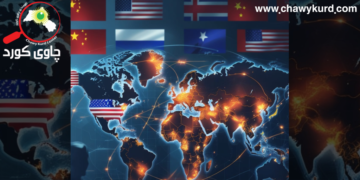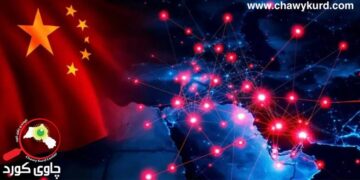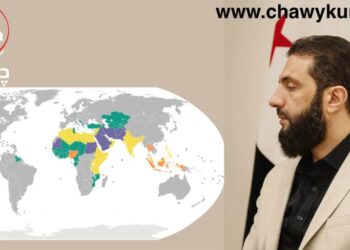Non-oil revenues are one of the vital issues that have become a problem between the Kurdistan Region and Baghdad after the implementation of the 2023 budget law, due to the differences between the two sides on the subject. The issue of returning the non-oil revenues of the Kurdistan Region to Baghdad is not a new issue and was implemented until 2013, but the issue has not been complicated and made a problem. Therefore, the Iraqi budget laws have not been properly implemented. Therefore, this subject is now seen as a new issue.
“Kurdistan Regional Officials’ View on Non-Oil Revenues”
According to the 2023 budget law, which contained the same text as the 2021 budget law, the region is obliged to transfer its non-oil revenues to the Iraqi treasury. The only non-oil revenues that must be paid to Baghdad are the revenues of the border crossings and the revenues of the federal offices. Additionally, according to Article 21 of the 2023 Budget Law and Article 29 of the Administrative Law, 50 percent of the total revenues, especially those from the border crossings, must be returned to the Kurdistan Region by Baghdad.
Baghdad officials’ views on non-oil revenues
Baghdad officials have different view. They believe that non-oil revenues include all revenues in addition to oil revenues, and the general revenue of most offices falls within these revenues, not just Federal agencies operating in the region, Baghdad officials believe that no customs revenue will be returned. The 50% of the revenue returned to the region does not include customs revenue, but some other revenue from the ports. In the following part of the writing, we will explain this view by reading Article 29 of the Financial Administration Law and several other documents:-
“Text of Article 29 of the Federal Administrative Law”
The following revenues will be transferred to the accounts of the provinces (including the governors of the Kurdistan region):-
- 50% of federal taxes collected by centrally funded offices in each province.
- Provincial share of border crossing revenues and petrodollars.
- Local revenues obtained in accordance with local laws and regulations issued by the provincial council.
- Revenues related to municipal offices (water, sewerage, development planning, etc.) will be re-allocated to the offices where the revenue was obtained.
To prove that Baghdad officials believe that non-oil revenues include all revenues except oil revenues, we also mention that each of the Secretariat General of the Iraqi Council of Ministers and the Federal Ministry of Finance in their response to the Federal Court (in the case of deciding on the illegality of the transfer of 200 billion) emphasized the interpretation of the term of non-oil revenues includes all revenues except oil revenues. According to the views of Baghdad officials in the federal Iraq, 100% of the total revenues are federal revenues and must be returned to Baghdad, where, according to their views and according to the federal financial administration law, a small part will be sent back to the Kurdistan region.
Although Baghdad has created the legal framework for this move, this kind of centralization of revenues is not only incompatible with federalism, but much worse than the treatment of the 1974 law on autonomous regions. The sources of revenues of the autonomous regions in Article 8 were written in such a way that in addition to the share of the autonomous regions eleven types of taxes, fees and revenues were allocated from the general budget for the autonomous region, while the law was completely rejected by the Kurds and no account was taken of it.





























































